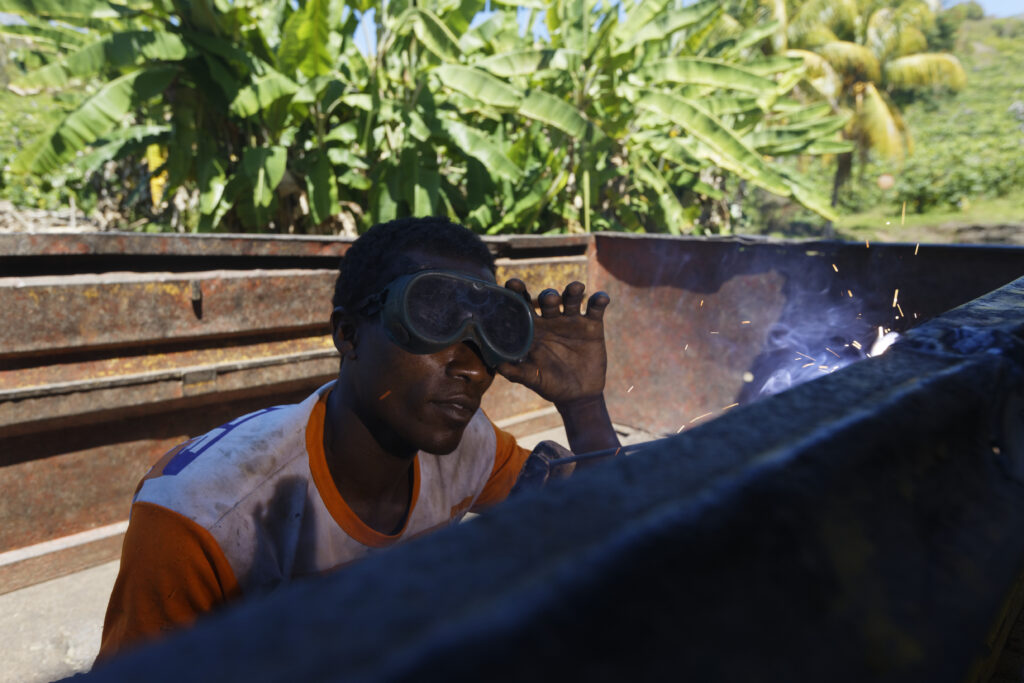The Scarcity Slot: Excavating Histories of Food Security in West Africa
Professor Amanda L. Logan
Associate Professor, Department of Anthropology
Northwestern University
Friday, February 3, 2023 @ 3:30 pm
Sabin Hall G28 (3413 North Downer Avenue, Milwaukee)
Abstract: African foodways have been viewed through the lens of ‘the scarcity slot,’ a kind of Othering based on presumed differences in resources. Combining archaeological, historical, and environmental data with food ethnography, I illustrate how a longue durée approach can combat these stereotypes. Drawing on a case study in Banda, west-central Ghana, I show that people maintained high food security during the worst drought on record in the last millennium, lasting from 1400-1650, in part through diverse economic strategies. Seasonal chronic food insecurity increased in severity in the late 19th and early 20th centuries, in association with changing labor dynamics and market economies further institutionalized under British colonial rule. This long-term view challenges notions of the African continent as a forever food scarce place, and suggests that the past can act as an inspiration for food secure futures.
Amanda Logan is associate professor in the Department of Anthropology, Northwestern University with affiliations in the Program of African Studies, Program in Environmental Policy and Culture, and the Buffett Institute for Global Studies. She studies how underdevelopment and other political and economic shifts have helped create food insecurity across the African continent. Her work has been supported by the National Science Foundation and the Wenner-Gren Foundation for Anthropological Research. She is the author of The Scarcity Slot: Excavating Histories of African Food Security (University of California Press 2020) and articles in American Anthropologist, African Archaeological Review, among many other journals
